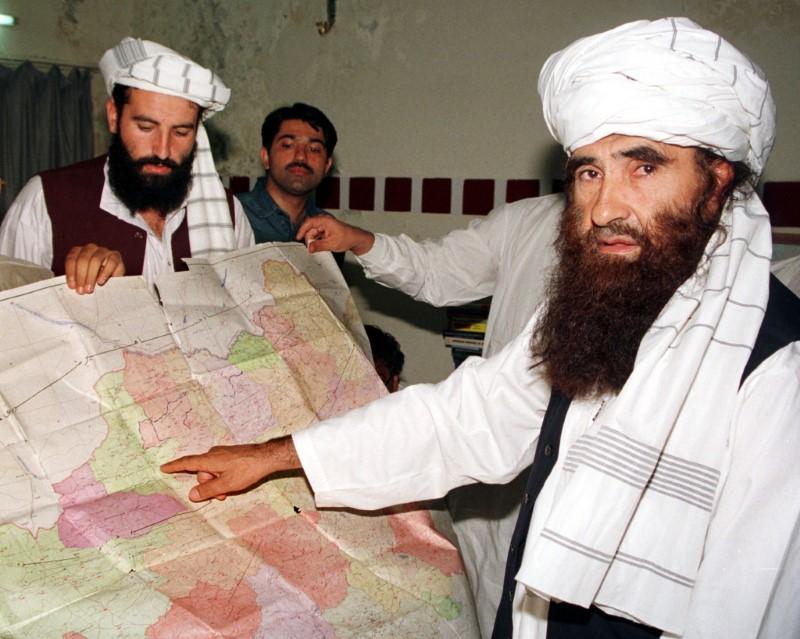KABUL—Jalaluddin Haqqani, founder of the terrorist Haqqani network, one of the most powerful and feared groups in the Afghan insurgency, has died after a long illness, the Taliban announced on Sep. 4.
Haqqani, who founded the network in the 1970s, relinquished operational leadership of the group some years ago to his son Sirajuddin Haqqani, who is now deputy leader of the Afghan Taliban.





